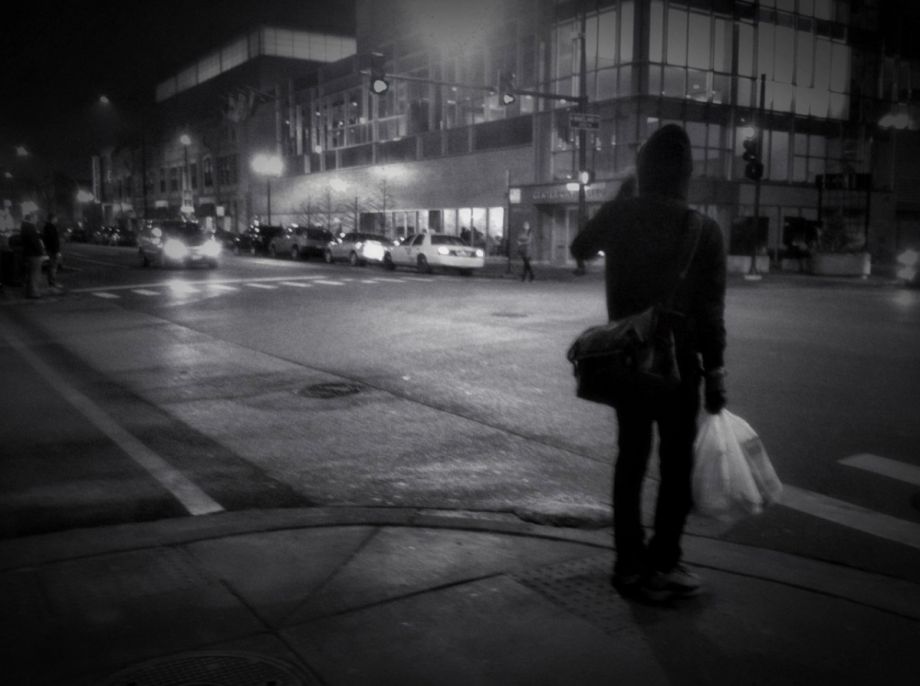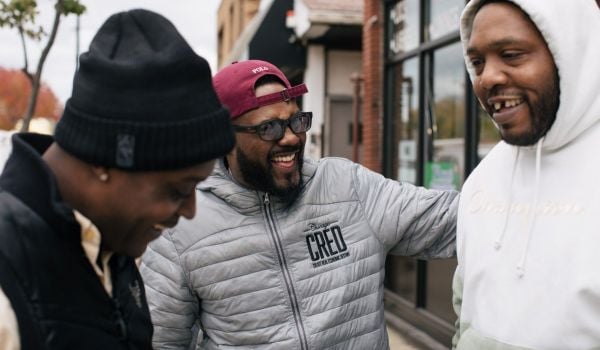Since Chicago began efforts in February to remake its official cultural plan, the city has taken on the aura of a grassroots bureaucracy. If Mayor Rahm Emanuel’s rhetoric holds true, giving the public a hand in creating city policies will reverberate beyond the local cultural scene and affect everything from public safety to economic development.
The new plan would replace one from 1985, a blueprint largely credited with helping Chicago’s Loop become one of the premier theater destinations west of Broadway. That plan, also considered a grassroots initiative, drew a lot of comparisons with other cities, most notably New York.
From the outset of the current process, however, goals have been different. Rather than mimic other cities, the focus has been to highlight Chicago’s diverse neighborhoods as sources of culture marketable to outsiders — and affirming to residents. The city’s Department of Cultural Affairs and Special Events has spent the last several months crafting a draft plan that incorporates research and input culled from dozens of meetings with stakeholders from around the city.
The current draft plan is high on specific and vague suggestions alike. On the concrete side, it seeks to establish a marquee festival that would become synonymous with Chicago, as is Carnival with Rio de Janeiro. It also seeks to create a so-called “Museum Campus South,” linking the DuSable Museum of African American History and the Museum of Science and Industry, which are 1.5 miles apart.
The city has held a round of four town hall meetings, and it’s clear that residents want to make sure the plan is representative of the entire city. Voting sessions have opened each meeting, followed by in-depth discussion about possible actions.
At the second meeting, held in the South Side neighborhood of South Shore earlier this month, voters showed support for initiatives that would attract creative residents and reinvigorate arts education. Participants at the first meeting, held on the city’s West Side near the University of Illinois-Chicago campus, had different priorities.
“I want my neighborhood to be represented,” said LaShawn Brown, a South Shore community organizer. “I want its needs to be met.”
Later this year, the city is expected to release a final draft, which will likely outline goals, approaches and priorities for the near future.

Tanveer Ali is a multimedia journalist based in Chicago. His work has been featured on the Chicago News Cooperative, WBEZ, WhoRunsGov.com and Mashable, as well as in publications including the Columbia Journalism Review and GOOD. Tanveer is a graduate of Columbia University and the Medill School of Journalism at Northwestern University.















